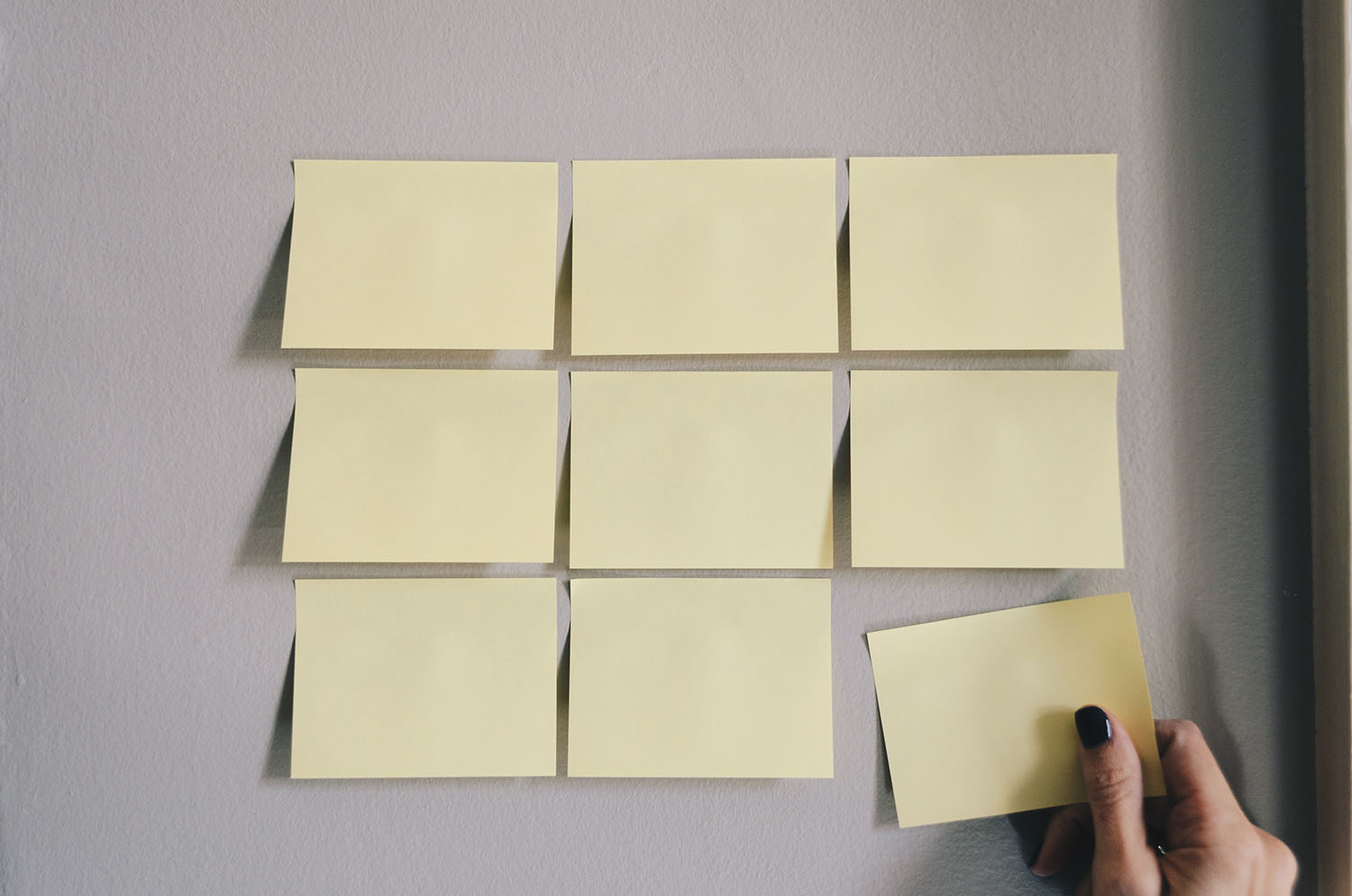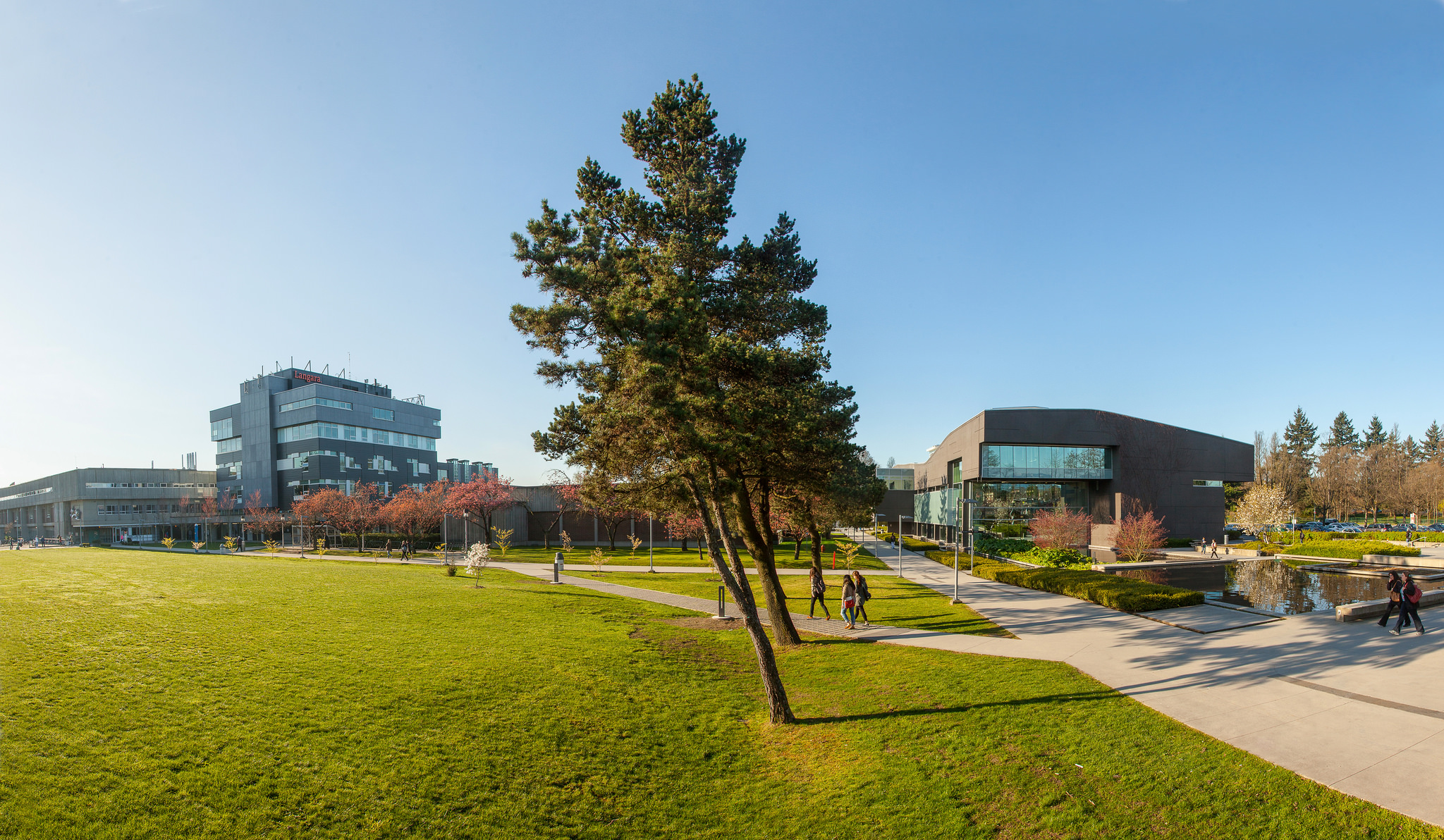
Mindfulness at Work Class
Lunchtime mindfulness series
This fall, Jessie Smith will guide employees through a 12-week meditation-mindfulness class. Her teachings will help you choose healthy coping mechanisms over maladaptive strategies.
Jessie explained her approach, “How can we view our work around mindfulness? How can we take the time it takes to walk from the T Building to the A Building, and use that time mindfully to reset and connect so that when we go to our next activity we’re grounded and better able to function?”
It focuses on moment-to-moment mindfulness, and also longer-term stress reduction.

Jessie Smith meditating on Machu Picchu
“There’s a whole element of using mindfulness as a tool to be aware of our stress and then have the capacity to move away from an automatic stress reaction to a stress response, skillfully.”
Jessie is a student in the Mindfulness-based Stress Reduction (MBSR) teacher training program at the University of California, San Diego. Jessie was inspired to become an MBSR teacher in part from her experience taking the MBSR course through Continuing Studies at Langara in 2014.
As a part of her training, Jessie taught her first version of the MBSR course this past spring.
Jessie is offering this new wellness class to employees after finding that a daily practice not only bolstered her recovery from a concussion she sustained six years ago, it also benefited her overall health in several ways.
“One benefit is that mindfulness helps settle the busy mind, sometimes called a “monkey mind”, when the mind is so busy and flitting about and not calm and centred. And when we do that most often we are time travelling, either in the past fretting about something that happened, or in the future, worrying about something that will happen. So we practice staying present instead of time-travelling, and we practice not being on autopilot, which we are often on, but actually being where we are, noticing what we’re doing when we’re doing it.”
Another benefit of the class is being more aware of pleasant events.
“Have you ever had the experience where you’re eating a cookie and then you think there’s another bite left and you’re looking for that cookie—where did you put it?—but lo and behold, you’ve already eaten it? And you didn’t even notice that you missed it! It could be a bag of chips, it could be a sunset; you’re watching a sunset—‘oh, isn’t that beautiful, I should take a picture, why don’t I watch more sunsets?’—and already you’re off into judging yourself.”
And since this class takes place over lunch, you’ll be practicing mindful eating, a fabulous way to fully enjoy your meal and have a healthier relationship with food.
“The other benefit of mindfulness is that it helps us be more aware of difficult sensations, whether it’s a difficult emotion, an unpleasant physical sensation, or in the context of work at Langara, a common theme would be feeling stressed. Feeling there’s not enough time to get done what we have to get done and just a sense of forward motion of constant moving and doing. We will practice feeling what that feels like. Really actually being with those sensations because what we resist persists, and often times what we tend to do is block out anything negative, we want to numb it. We numb it by working too much, drinking, drugs, shopping, food, TV and Netflix binging, all of the above. It’s not to say that those things in themselves are a problem, it becomes a problem when they’re constantly being used to deal with difficult, unpleasant sensations.”
Some of our colleagues have already experienced these benefits:
“Thanks again for this whole experience, it has been life changing for me.” – Megan Brousseau, Instructor, Kinesiology
“This course is transformational.”- Alison Curtis, Librarian
“I am so grateful for this offering. It is already and will continue to make a significant impact in my life.” – Sarah Knitter, Associate Director, UBC Centre for Accessibility
“You are an amazing teacher, so caring and genuine.” – Sandra Taylor, Drug and Alcohol Counsellor
There’s also a bonus ripple effect to practicing mindfulness. Just like kindness, calmness is contagious.
“Once you begin to bring mindfulness into your life it doesn’t just benefit you as a person, it benefits the people around you. So if you’re modeling leaving the computer and taking some time to eat calmly, have conversation, or you’re modeling going for a walk around the golf course, people see that, they see you taking a little break. Your calmness is contagious in a way,” said Jessie.
And in a society that really values busyness and multi-tasking, Jessie recognizes how challenging it can be to move into that mindset.
“A myth about meditation and mindfulness is that when you see people meditating it looks like it’s all zen, calm, serenity, but in fact the reality is that most of those people are working really hard at staying calm. Even the Dalai Lama has to come back to the present moment sometimes! It’s probably once every four days or so, whereas for most of us it’s once every four seconds.”
Nonetheless, this course is designed for beginners. As a long-time Latin American Studies instructor at Langara, Jessie teaches from a place of common understanding, with familiar Langara references and practical takeaways that can be applied at work after every lesson.
“We’re all Langarans, whether we’re teachers, or staff, or administrators. We know this culture.”
It’s Jessie’s hope that this course will help us create a culture on campus that’s more supportive of our colleagues taking care of themselves. Stay tuned for registration details!
Series Overview:
12 week program on Tuesdays, 12:30–1:30 pm.
Tuesday, September 17 – Tuesday, December 3
Tanya Miller, Mental Health Initiatives Consultant


